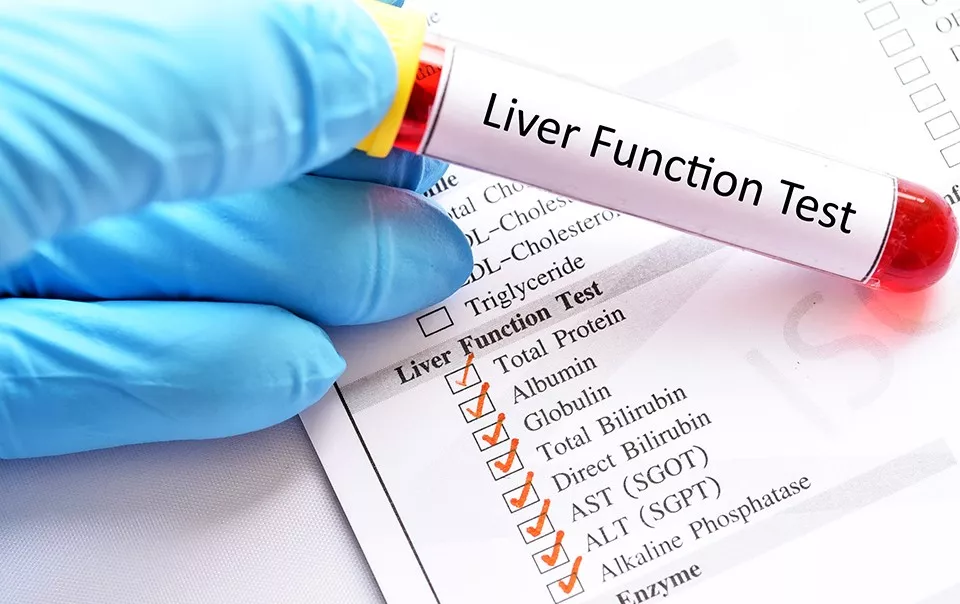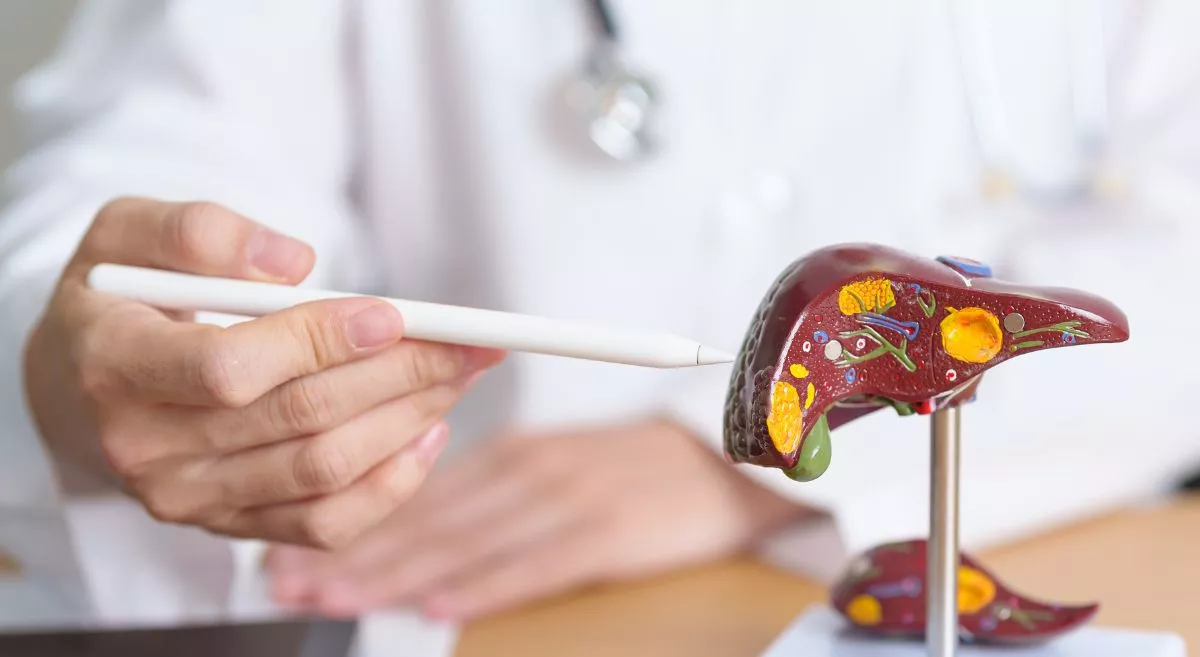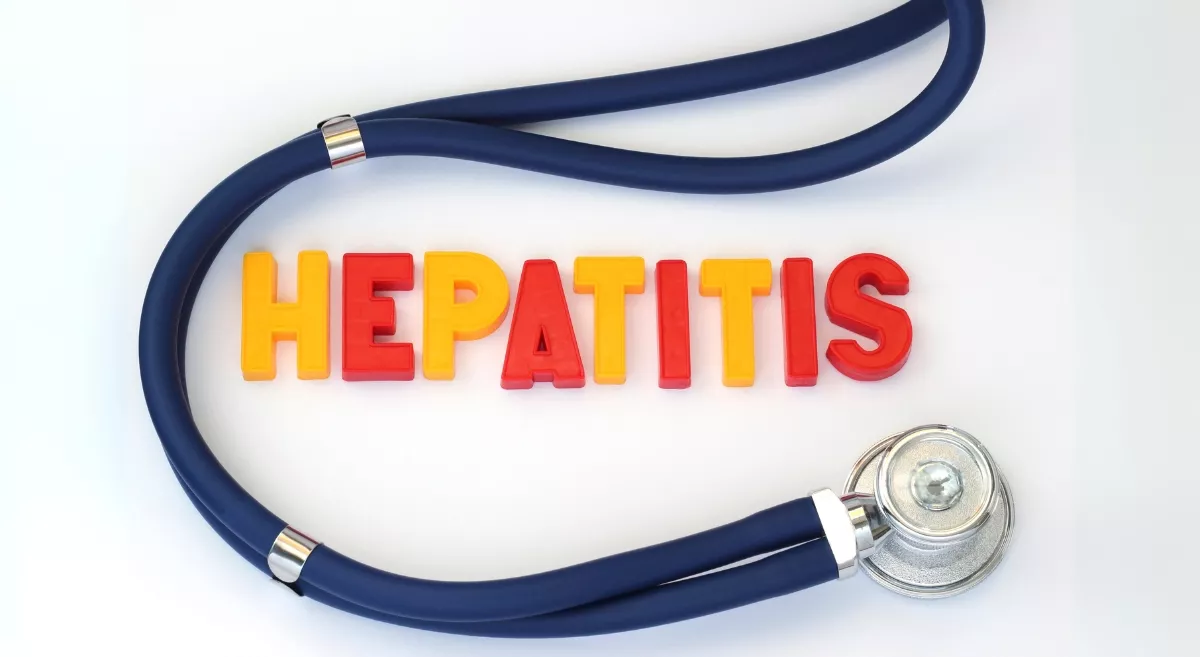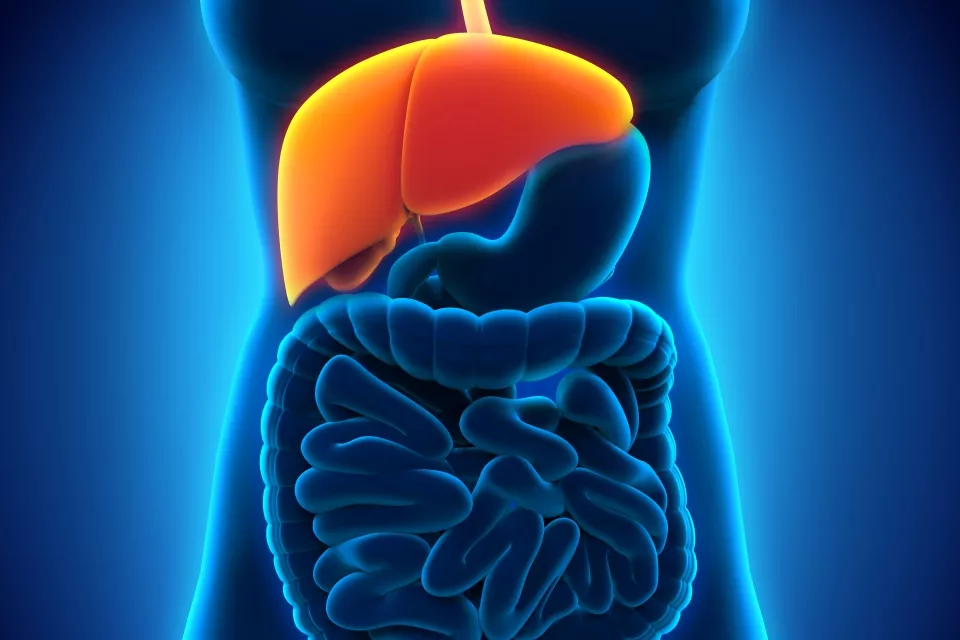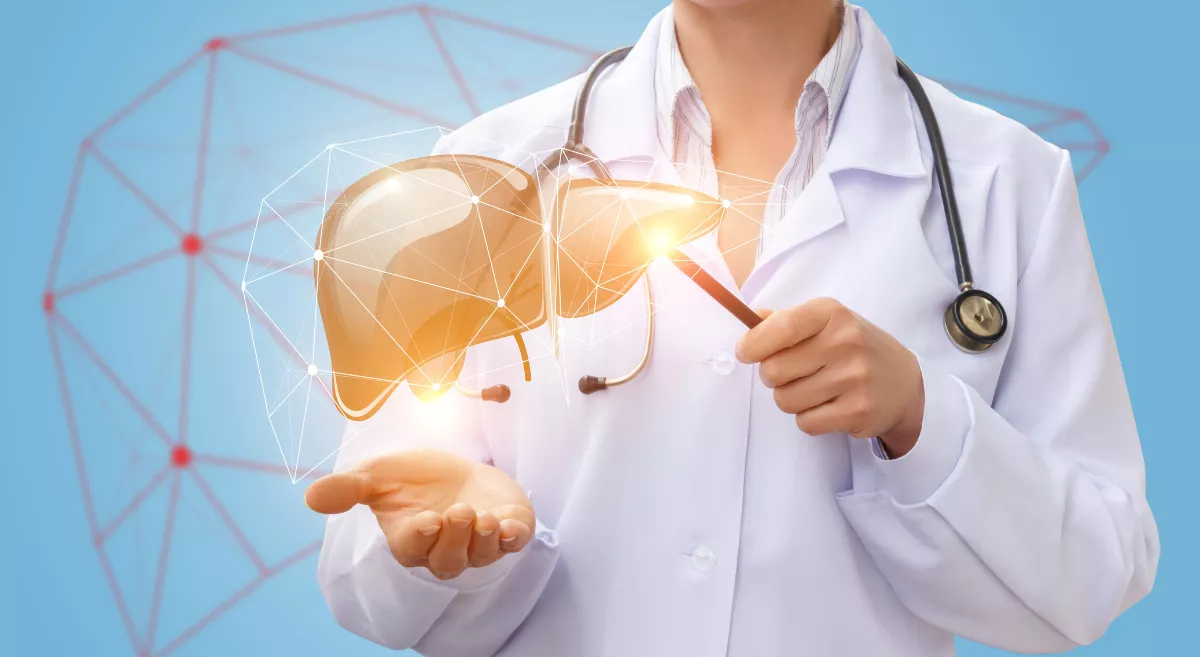Ensuring optimal liver health requires a comprehensive understanding of various liver function tests that go beyond just SGPT (Serum Glutamate Pyruvate Transaminase). However, SGPT remains one of the most crucial indicators of liver function. Often the first marker flagged in liver test results, elevated SGPT levels can signal early liver damage, inflammation, or even non-alcoholic fatty liver disease. While it's a vital starting point, SGPT alone cannot provide a complete picture.
A thorough assessment of liver health involves evaluating several key parameters in addition to SGPT:
1. SGOT (Serum Glutamic-Oxaloacetic Transaminase)
- Normal Range: 5 to 40 U/L
- Interpretation: Elevated SGOT, like SGPT, can indicate liver damage. However, SGOT is also present in heart and muscle tissues, making it less liver-specific.
- Importance: Useful in identifying broader tissue damage, including myocardial infarction and muscular injury.
2. Bilirubin Test
- Normal Range: Total bilirubin below 1.2 mg/dL; direct bilirubin below 0.3 mg/dL
- Interpretation: High bilirubin levels may suggest liver dysfunction, bile duct obstruction, or hemolytic anemia.
- Importance: A key marker in diagnosing jaundice and liver excretory issues.
3. Albumin Test
- Normal Range: 3.4 to 5.4 g/dL
- Interpretation: Low albumin levels may reflect compromised liver function, malnutrition, or kidney issues.
- Importance: Indicates the liver’s ability to synthesize essential proteins.
4. Prothrombin Time (PT) and INR
- Normal Range: PT: 11–13.5 seconds; INR: 0.9–1.1
- Interpretation: Elevated values may indicate impaired liver synthesis of clotting factors.
- Importance: Essential for assessing coagulation and liver synthetic capacity.
Combining these with SGPT levels offers a more holistic view of liver health. By evaluating enzyme levels, protein synthesis, bile production, and clotting ability, healthcare professionals can identify potential liver disorders early — from fatty liver to hepatitis and cirrhosis.
Strategies to Enhance Liver Health
Dietary Adjustments:
Opt for liver-friendly foods — fresh fruits, vegetables, whole grains, and healthy fats. Minimize intake of processed foods, excess sugar, and saturated fats. Leafy greens, berries, and legumes are especially beneficial.
Lifestyle Changes:
Engage in at least 150 minutes of moderate aerobic activity weekly. Avoid alcohol and tobacco, manage weight, and practice stress-reduction techniques like yoga or meditation.
Regular Monitoring:
If you have risk factors such as obesity, diabetes, or family history of liver issues, schedule periodic liver function tests, including SGPT and related markers, to catch potential problems early.
Engaging with hepatologists in India, who specialize in liver care, is crucial. Paired with lifestyle improvements and early testing, especially tracking SGPT trends, you can take charge of your liver health and overall wellness.
